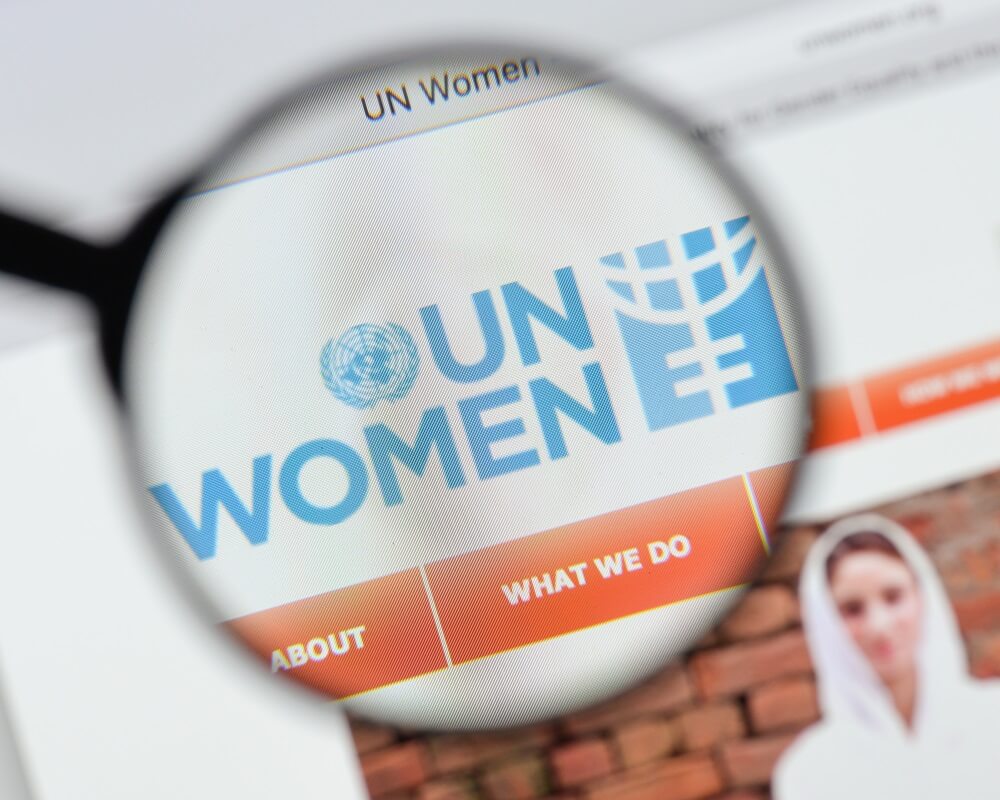The UN Women and the World Food Programme (WFP) are using the blockchain to aid women Syrian refugees in crisis situations.
Empowering Syrian Refugees
The two organizations are working together within the UN Women’s cash for work programme at the Za’atari and Azraq refugee camps in Jordan, according to a press release.
Syrian refugee women taking part will be able to access funds straightaway, all of which will be securely maintained on the blockchain. Previously, women received cash on a monthly basis on a set date. Yet, with the use of the blockchain, it is helping to empower Syrian women refugees.
Phumzile Mlambo-Ngcuka, executive director of UN Women, said:
We know that women in crisis situations and displacement settings tend to have lower digital literacy than men, and often lack access to the technology and connectivity that are so critical in today’s world.
UN Women and the WFP are also considering the possibility of helping refugee women with cash back at WFP-contracted supermarkets. At a WFP-contracted supermarket, a woman Syrian refugee would scan her eye through an innovative iris scan payment system, with London-based IrisGuard, to request cash back. This would link back to her account on the blockchain, with the amount sent to Building Blocks.
Building Blocks was the WFP’s first project to embrace the blockchain to make cash transfers more efficient, transparent, and secure. In 2017, it undertook pilot projects in Pakistan’s Sindh province and in Jordan to determine the technology’s capabilities.
Since then, the program appears to be going from strength to strength. To date, it has helped provide cash transfers to 106,000 Syrian refugees in Jordan through the blockchain. However, it’s aiming to reach all 500,000 Syrian refugees.
Aiding the WFP
In April, it was reported that Belgium was contributing €2 million to support the WFP’s innovative projects. This includes its blockchain project aimed at fighting world hunger.
At the time, the agency said the money would go toward increasing efforts with its blockchain pilot as well as its unmanned aerial vehicle (UAV) project. The WFP currently works with over 80 countries feeding people caught in conflict.
The latest partnership with UN Women illustrates WFP’s intentions of reaching zero hunger by 2030. David Beasley, executive director of WFP, said that the agency was always exploring new methods to help people, adding:
Our work with UN Women to help female Syrian refugees is yet another sign of that innovative spirit, in this case using technology to make an even bigger impact on the lives of those we serve.
What do you think of the work the WFP and UN Women are doing? Let us know in the comments below.
Image courtesy of ShutterStock
